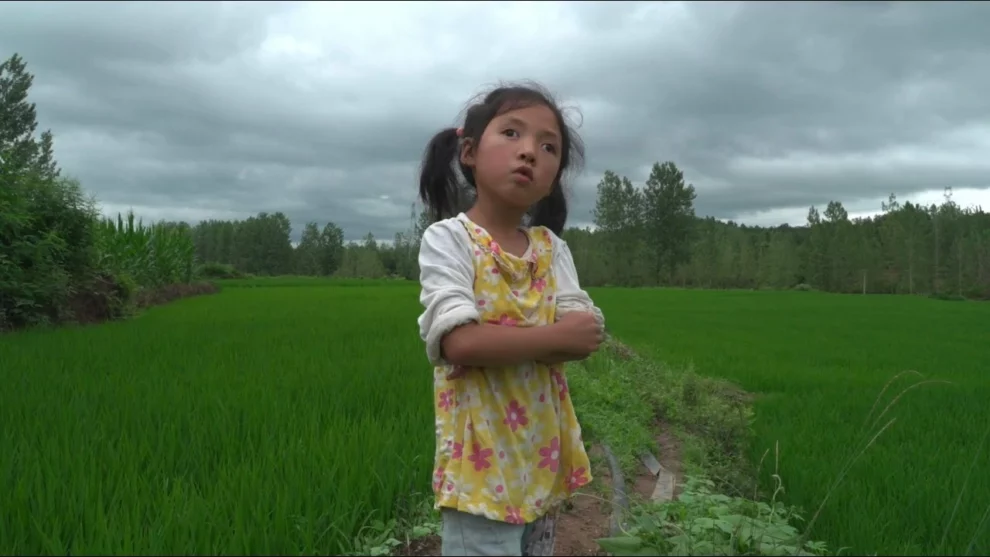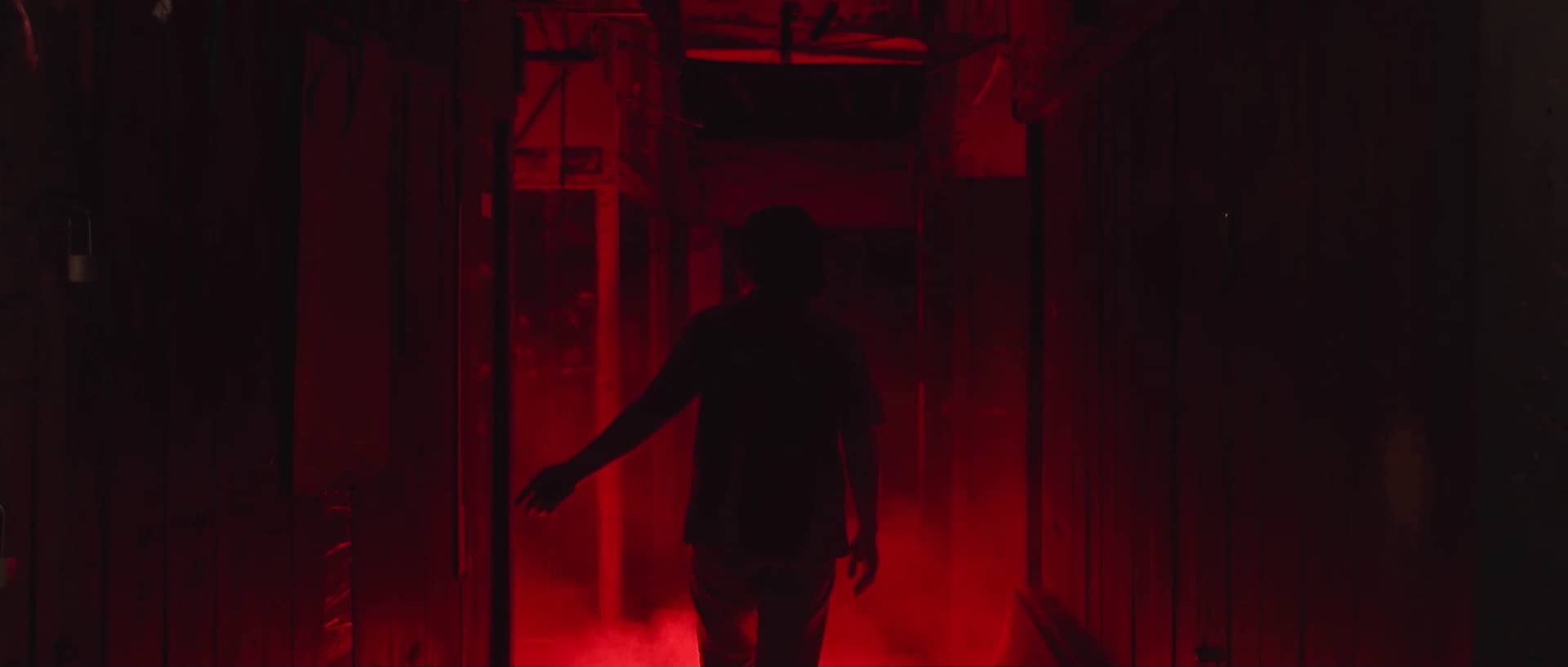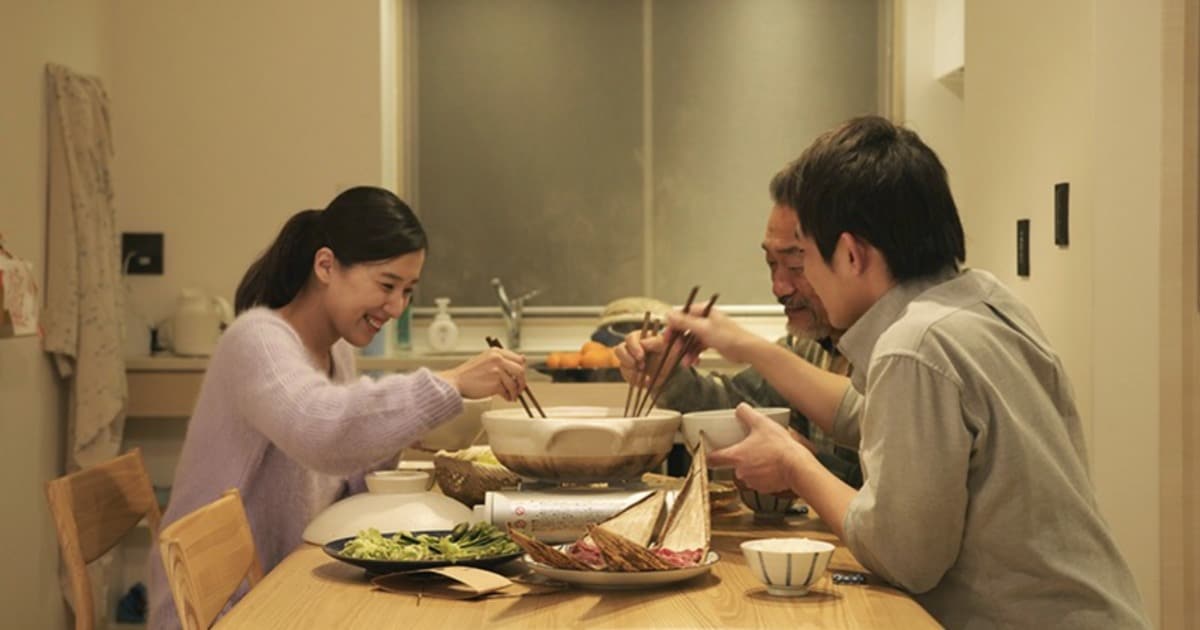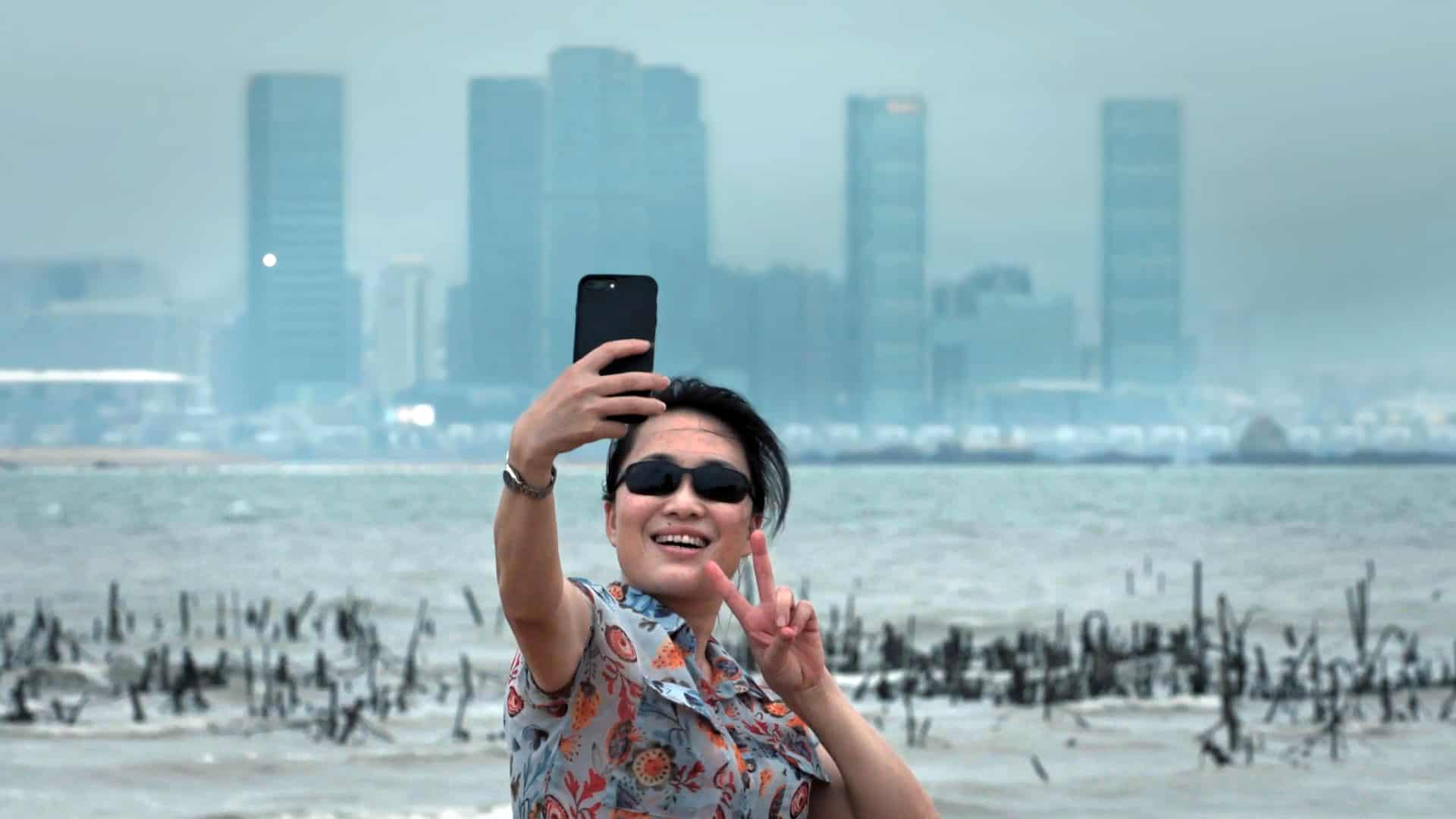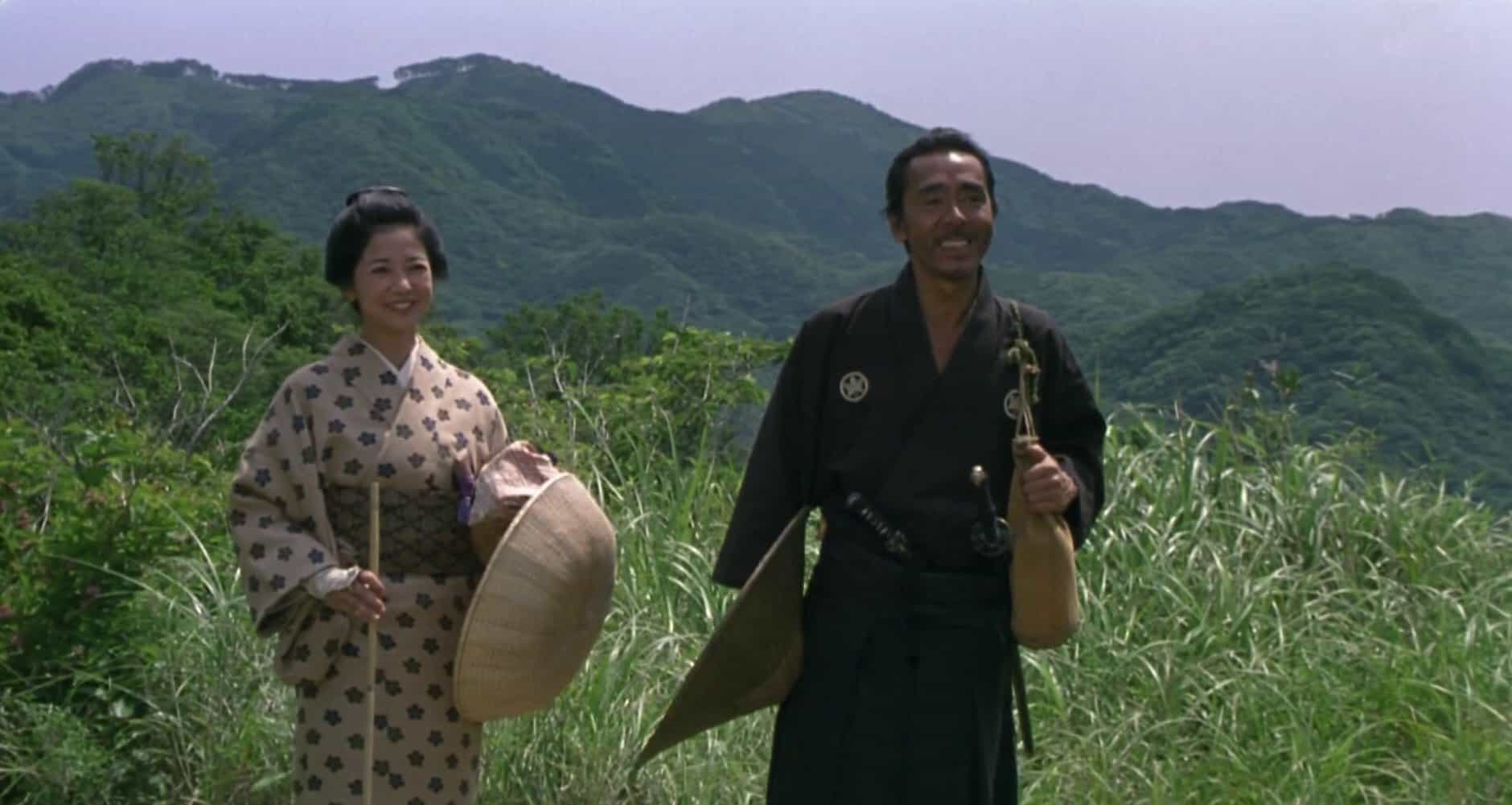Modern Chinese documentary echoes with radicality, with Wang Bing's “West of the Tracks” (2002) and Liu Jiayin's “Oxhide” (2005) serving as flag bearers. Zhang Mengqi is definitively part of this lineage, with “47km 2020” being the 10th instalment of a colossal documental project titled “Self-Portrait”.
Self Portrait: 47 km 2020 is screening at MoMi, as part of the First Look 2024 program
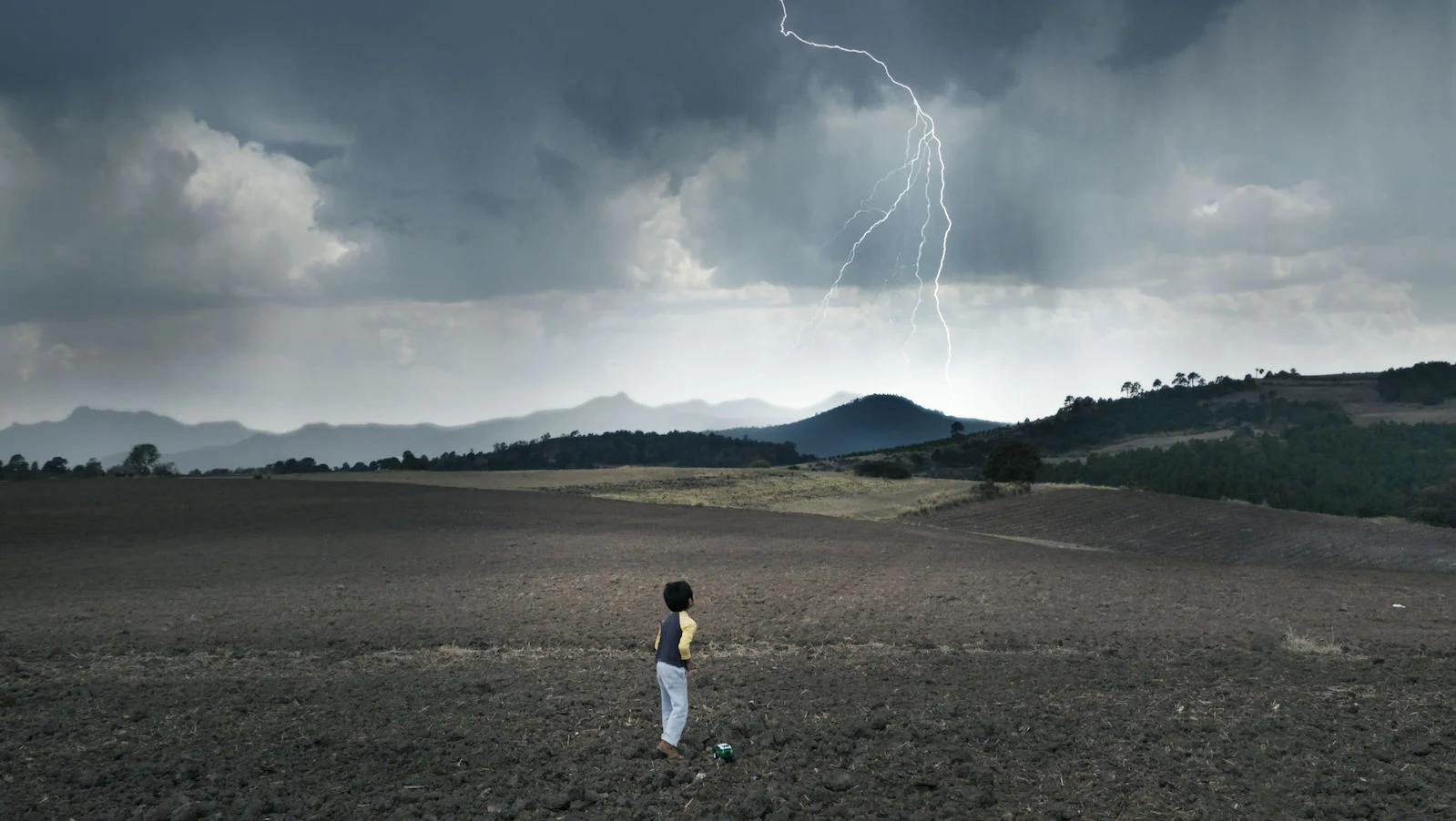
Let us begin by decoding the enigmatic title. “Self Portrait” implies an exploration of identity, yet it diverges from the self-centered, self-indulgent introspection typical of Western cinema of individuals. Instead, the author seeks to achieve it by scrutinizing her origins and intimately exploring her familial and rural environmental influences. A passive form of self-portrayal in a way. “47km”? At 47 kilometers from Suizhou, Hebei, lies her native village. An anonymous name for an everywhere village. Interesting to note that Diaoyutai village has undergone several name changes over time and now stands as only 42KM, not 47KM of the main city. A symbol of the expansion of urbanity as she explained in a comprehensive interview on Film Comment. Then “2020”? While COVID-19 was locking the nearby Wuhan, this choreographer turned cinematographer decided to relocate there for the time being and invites us to spend this whole year 2020 together.”
So now we know what to expect: a quasi-immersive experience into the rural life of central China. The narrative is finely divided into chapters with black intertitles, each corresponding to a milestone of the ancestral Lunar calendar, typically aligned with farming activities. The particularity of it lies in the absence of focus on any particular individual, which is surprising for a portrait. All the more interesting is that the central character appears to be this intriguing blue building, shining in the middle of a grove. Schooling, dancing, musical activities, child games, everything seems to revolve around it, like a gateway to modern life, freed from the eternal agricultural cycle. There is something about portraying how modern China can infuse countryside life in here.
Watching the documentary naturally leads you to wonder what is the difference between a documentary and an ethnological document? Being initially part of Wu Wenguang's Folk Memory Project, which coordinated 150 apprentice filmmakers to collect testimonies from the Great Famine, gives us a hint on the original approach of the author. However, as the documentary unfolds, the filmmaker's perspective, while necessarily non-neutral, does not openly steer the spectator. One hesitates between a purely contemplative stance or a more critical perspective.
Indeed, among the blend of ancestral tradition and inventive mechanization emerges the clear systematic reliance on fertilizers to overcome relatively poor soils. Is there a denunciatory intention behind the presentation of these unusually beautiful peaches, proudly exhibited by joyful fruit pickers and soon to be displayed on the opulent stalls of the urban centers? This leaves lingering doubts. And by the way, what about the pandemic? Rumors, food for talk.
Unquestionably, we should refer to the entirety of the “Self-Portrait” series, as it is primarily a macro-documentary approach. However, with the viewing of this single instalment, we may feel somewhat disoriented during this lengthy rural promenade. Yet, there is this very remarkable opening sequence, with a fixed shot aiming to this mysterious blue building where children of the village discuss the pandemic, and especially when this little girl who grasps the concept of off-screen action will move out of the camera's view to whisper her secret about the virus to the filmmaker's ear. Similarly, the winterish beauty of one of the final shots, where we see a lone man pruning, high on a tree, recalling that in the Chinese culture the dominance over nature has always been central. A lot of questions, a lot of possible directions, assuredly a naturalist portrait. “Self-Portrait: 47 Kilometers 2020” recently received the “Awards of Excellence” at the Yamagata International Documentary Film Festival


